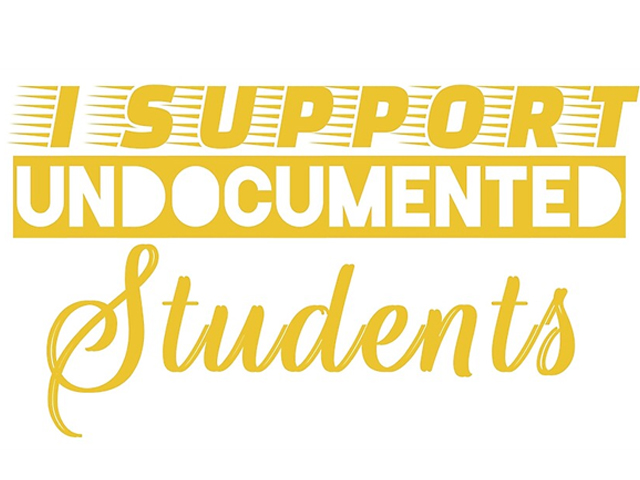
Once you get to college, you have made some significant choices already. You have decided where to attend, how far or close to home you want to be, which type of school to go to, and where to live; on or off-campus. You will have even more decisions to make as your college career advances. Picking a major to focus on will be one of those choices.
Why Specializing In A Major Is Important
After you decide on your major, you will be focusing a lot of your time studying that subject matter. It is vital to take the time to consider your wants and needs in that certain field prior to committing to the time, money and energy it will take to succeed.
Figuring out what you want to do with your life can be intimidating. Here are some tips to help you enjoy the decision process a bit more and gain some career advancement. Of course, many people end up working in completely different avenues than their major; however, you will still obtain excellent life skills and knowledge that can potentially be utilized in any career.
Most schools want you to declare your major at the end of your sophomore year. This gives you time to complete all the necessary requirements to graduate in 4 years.
Steps To Pick Your Major
It is common for students to have difficulty deciding where their strengths, passions and goals lie. Here is a breakdown step-by-step:
What Are Your Strengths?
What are your academic skills? What types of things come naturally and easily? Is there a specific talent that you could develop with less effort than learning some skill from scratch? When you review your interests and your strengths, is there anything that overlaps? For instance, biology, anatomy, or physiology may be a great option if you enjoy science classes and have an interest in wellness and health.
What Are Your Interests?
Take the time to consider your curiosities, skills and passions. What types of things get you excited and feel like you could tackle the world? Many of these items can transfer into an area of study and your future career. Highlight some of your key items to see if they naturally point towards a job skill.
Obtain Career Guidance
Don't be shy to reach out to your academic advisor. They specialize in helping students gain insight into the pros and cons of a variety of career options. Be sure to book an appointment or two and utilize this resource. Take time to speak with your professors for guidance as well. They can offer excellent tips and possibly mention things you haven't considered yet.
Don't forget to reach out to recent graduates of the programs that you are interested in. They may deliver some insight and feedback. If you know of any grads that are working in a field that interests you, consider speaking with them about which college major they chose and if it affected their career path or if it did not. This may shed some light on the various opportunities available.
Consider Your Career Goals
It can feel overwhelming to try and determine what your dream job is and what your future career looks like. It can be beneficial to list some broader goals. Maybe you are drawn to a specific field like government, healthcare, or public service? Perhaps, you want to help the planet and need to work with the environment. Looking at the longer-range goals instead of the immediate future can be a beneficial way to go.
What Is Your Return On Investment?
What is your Return On Investment or ROI on various career paths and majors? You can focus on different career choices and majors to help you understand what student loan debt, different salaries and your future looks like down the road. Check out the Bureau of Labor Statistics Occupational Outlook Handbook to discover how much growth you can expect in a certain field.
Don't Stress If You Are Still Unsure Of Your Major
The entire process of picking your major can feel exhausting and intimidating. You are trying to make a decision that will impact the remainder of your education and potentially translate to your career path. This is an exciting chance to jump into the topics that you are passionate about. It is a great way to prepare you for life after college; regardless of if that future entails the working world or heading to graduate school.
It is essential to ask yourself questions and check-in with yourself frequently. Don't try to make decisions on lack of sleep or an empty stomach. Make time to speak with professors, advisors, friends and family instead of procrastinating.
Volunteering & Internships
Consider volunteering or taking an internship if there is a field that interests you to take a career for a test drive before devoting your education to it. This is an excellent way to see what working in this environment feels like. It can deliver you inspiration and experience. Don't forget, there is always a double major option if you are torn between two majors.











